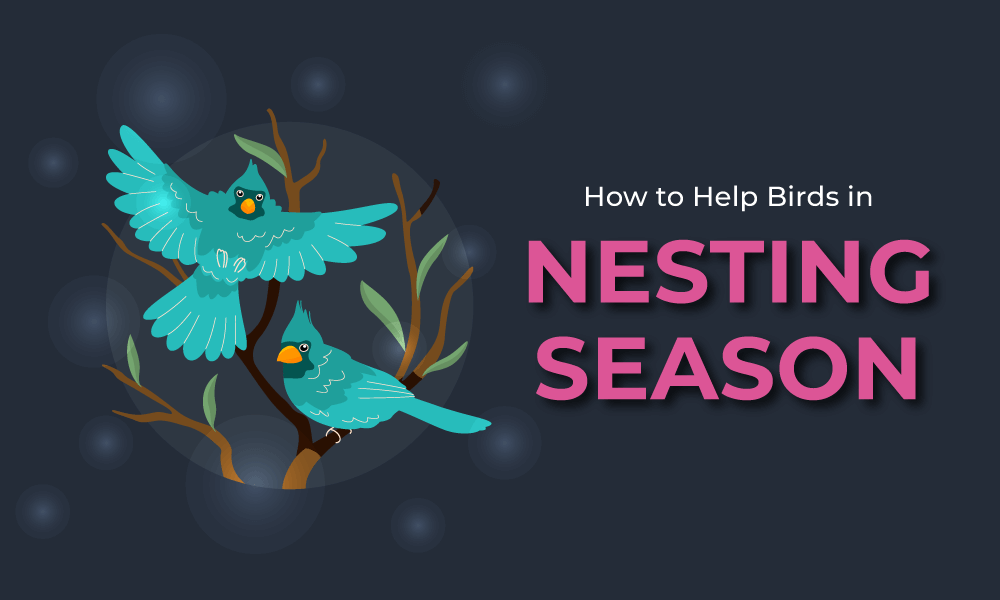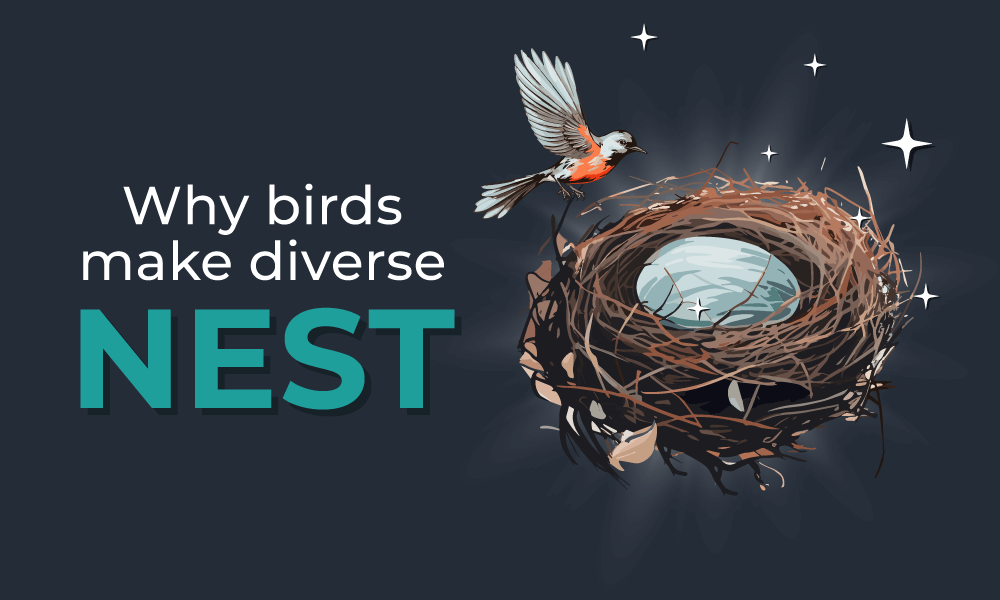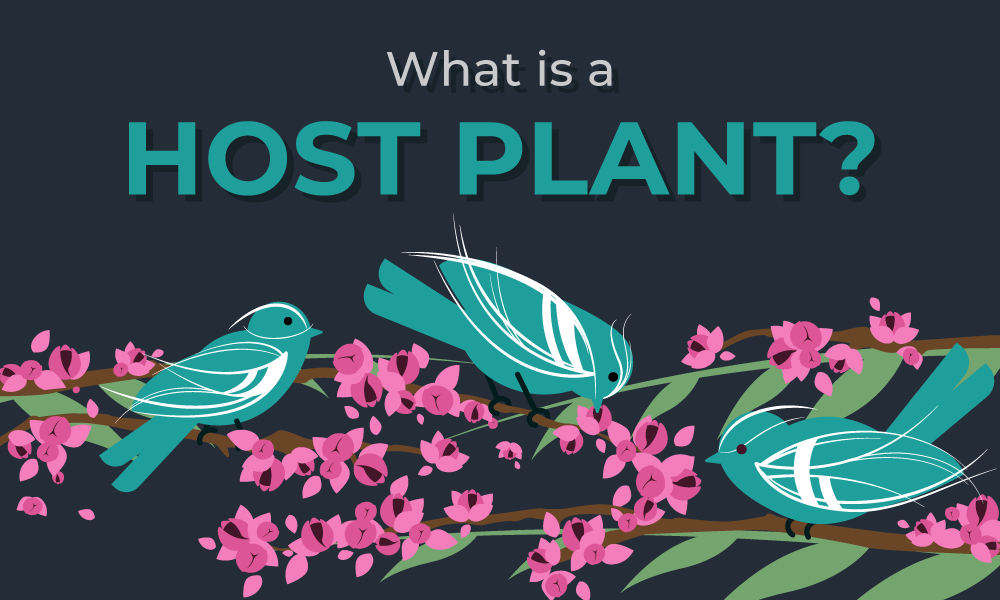Bird watching, often called birding, is a relaxing and educational activity that lets people observe and appreciate birds in their natural environments. From city parks to open countryside, birds are everywhere, making this hobby accessible to people of all ages and locations. Bird watching isn’t just about identifying bird species; it’s about connecting with nature, experiencing moments of quiet fascination, and learning about the avian world. Let’s delve into how you can begin bird watching and explore the many benefits this simple yet rewarding hobby brings.
How to Get Started with Bird Watching
Starting with bird watching is easy and requires only a few essentials to make the experience enjoyable and productive. The most valuable tool for a beginner is a good pair of binoculars, which allows you to see birds up close without disturbing them. A field guide, or even a birding app, will help you identify and learn more about the birds you observe. Choosing the right location is equally important, especially when starting out. Local parks, nature reserves, or even your own backyard can offer a great start, as these spots typically attract common species that are easier to observe and recognize. Bird watching requires patience and a keen eye, but over time, you’ll notice yourself becoming more familiar with the birds around you and eager to explore new areas.
Benefits for Mental Health
Bird watching brings numerous benefits for mental well-being. Observing birds in their natural surroundings provides a soothing escape from the rush of everyday life, helping to reduce stress and anxiety. Focusing on a bird’s behaviors or listening to its unique calls encourages you to stay in the moment, bringing a sense of mindfulness and calm. Studies even show that being outdoors has a positive effect on mood, helping to alleviate symptoms of depression and fostering a sense of peace. Whether you’re watching the graceful flight of a hawk or the playful antics of a sparrow, bird watching helps to lift the mind and restore a sense of balance.
Physical Benefits of Bird Watching
While bird watching may seem like a passive activity, it actually offers several physical benefits. Walking or light hiking in pursuit of birds provides gentle exercise, which is especially beneficial for people seeking low-impact activities. These movements improve cardiovascular health without the high intensity of typical workouts, making bird watching accessible for individuals of all fitness levels. As bird watchers often explore various environments, birding can also encourage regular outdoor activity, fostering a love for fresh air and new adventures. By engaging both the body and the mind, bird watching offers a holistic way to stay active and connected to nature.
Educational and Cognitive Benefits
Bird watching offers a wealth of learning opportunities. Identifying different species, understanding their behaviors, and recognizing their songs enhance knowledge about the natural world. This activity also engages the mind, sharpening observation skills as you begin to notice the subtle distinctions that make each bird unique. For example, noticing the difference in plumage patterns or distinguishing calls strengthens cognitive skills, turning bird watching into an engaging mental exercise. Bird watchers naturally develop curiosity and a habit of keen observation, skills that can improve other areas of life as well.
Contribution to Conservation Efforts
Beyond personal enjoyment, bird watching contributes significantly to conservation. Many bird watchers participate in citizen science initiatives, documenting sightings, reporting behaviors, and even tracking migratory patterns. This valuable data helps scientists monitor bird populations and understand environmental shifts, making bird watchers crucial allies in conservation efforts. By actively observing and recording birds, bird watchers help protect these species, support biodiversity, and maintain balanced ecosystems. For those with a passion for nature, bird watching offers a meaningful way to make a difference.
Social and Community Benefits
Bird watching is often thought of as a solitary activity, but it offers ample social benefits as well. Many communities have birding clubs or organize bird-watching events, providing chances to meet others who share the same enthusiasm. These groups not only allow for friendships to form but also serve as spaces to learn and share tips on bird identification or discuss interesting sightings. Connecting with other bird watchers fosters a sense of belonging, and being part of a local or global birding community brings a unique joy and fulfillment.
Conclusion
Bird watching is a hobby that combines enjoyment, education, and a deep connection to nature. From reducing stress and improving physical fitness to contributing to conservation efforts, bird watching provides a wide range of benefits that enrich our lives and help protect the natural world. Whether you’re watching birds in a local park or exploring a forest trail, each moment spent bird watching brings new discoveries and a deeper understanding of the fascinating avian world around us. So grab your binoculars, find a quiet spot, and begin your journey into the remarkable world of bird watching. The experience is sure to reward you with a renewed sense of wonder and appreciation for the beauty of the natural world.




































































